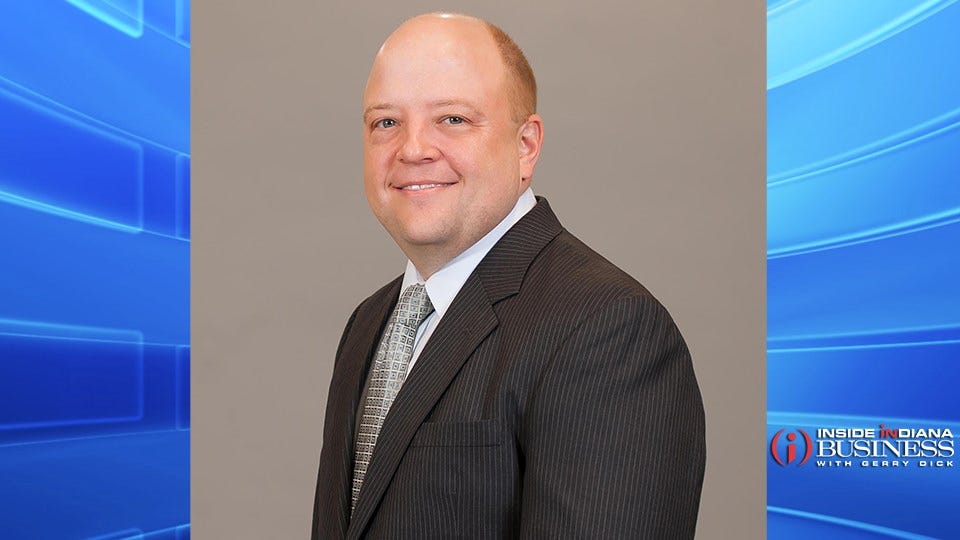Family Issues: It’s About the Money!

Subscriber Benefit
As a subscriber you can listen to articles at work, in the car, or while you work out. Subscribe NowThis last year has been stressful and filled with awkward moments, particularly when it comes to money and family. Almost everyone has been impacted, either one way or another, by the pandemic. So how do you navigate these potentially tricky money situations? Check out our tips.
I like to read Quentin Fottrell’s column on Marketwatch.com titled “The Moneyist.” If you Google his column, you might see one of these headlines: “My friend of 30 years owes me $20,000.” Or, “My wife persuaded me to sign a quitclaim deed to our home so that she could refinance. Now she’s hinting at divorce.” Or this one, “My boyfriend and I have two kids — should I pay off his $130,000 student debt?”
What do these headlines have in common? Money issues with family or loved ones! Many of the problems between spouses, older and younger generations, and significant others come down to the mismanagement of money. The pandemic has only magnified these problems. As cultural critic H. L Mencken once said, “When somebody says it’s not about the money, it’s about the money.” This is especially true when it comes to families and money.
Most people do not enter a situation with bad intentions. Yet, money predicaments are far too common. Here are three tips to help you avoid some of the more common pitfalls:
Do not make loans you cannot afford to forgive. There are many great examples where loans to family and friends worked out well for everyone. However, there are probably just as many examples where loans can be a catalyst for disaster, and what began as a loving gesture ends up causing financial distress and heartache.
According to a study by LendingTree, 27% of Americans who borrowed from or loaned money to family members had negative consequences, including complex interactions and hurt feelings. By the time, loved ones ask you for a loan, they may have already exhausted other means of financial help. They are in a challenging situation. While they most likely intend to repay the loan, be aware that they might not be able to make good on their promise.
If you have money to spare and enter into the loan agreement prepared to consider it a gift, then make the loan. However, do not put yourself in a place where you are dependent upon a loan being repaid. In the same LendingTree survey, the percentage of loaned money paid back was less than 60%. If you do make a loan to a loved one, you might want to hide their social media updates. Seeing someone taking a luxurious Hawaiian vacation while you are waiting on a loan payment might tempt you to leave some regrettable comments.
Do not co-sign. When a co-signed loan goes into default, creditors don’t go after the original borrower, who they know can’t pay. They will be contacting you, the one with the financial means to pay and with a good credit history. If a family member couldn’t get a loan on his or her own, that probably means he or she won’t have the money to pay the loan once you’ve co-signed. That leaves you, as the co-signer, picking up unplanned debt. This can be a huge setback to your financial plans.
Be smart about holding properties jointly with family members or friends. Buying vacation properties or second homes are back in vogue. What starts as a good idea can conclude with hurt feelings and ruined relationships. If you and the other party need each other to afford a property, you are one unfortunate event away from a difficult situation. Job losses and medical emergencies are unpredictable, but broken relationships are avoidable.
Having conversations and making money decisions can be tough when it involves loved ones. Finding yourself in a dire financial situation because you didn’t think things through and protect yourself is much worse. Being proactive can save both your money and relationships.
Bill Wendling is a Sr. Portfolio Manager and Chief Investment Officer at Bedel Financial Consulting Inc., a wealth management firm located in Indianapolis. For more information, visit their website at www.BedelFinancial.com or email Bill at bwendling@bedelfinancial.com.
